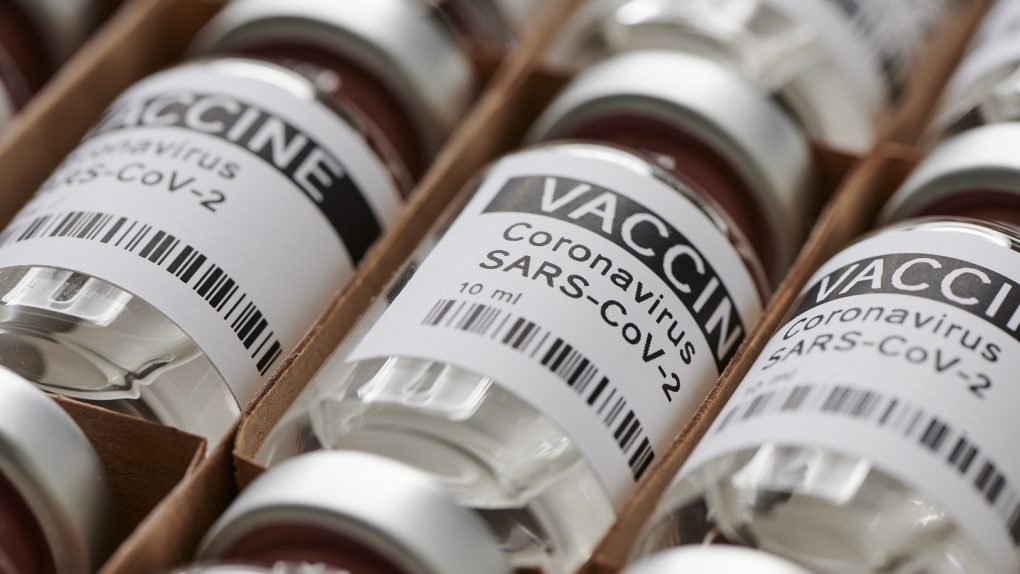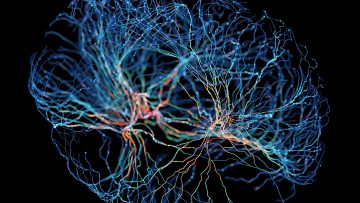- A study that included 1.2 million people in Israel, half of which were fully vaccinated with the Pfizer/BioNTech drug, shows the vaccine is highly effective at preventing severe COVID-19.
- The researchers also learned that the vaccine offers excellent protection against severe COVID-19, hospitalization, and death — even after just one dose.
- The study was conducted in the early phase of vaccinations in Israel, during which time the B.1.1.7 mutation became dominant in the country.
Coronavirus vaccine candidates have been in use for more than two months in various regions around the world, including North America, the European Union, and Israel. More than 227.6 million people received at least one vaccine dose as of Friday morning, and over 46 million got the full two-dose regimen. Of all the countries that started vaccination campaigns as soon as the first candidates were authorized for emergency use, Israel has made the most progress. The nation has already vaccinated 53.7% of its population with at least one dose, which translates to 4.65 million people. What’s even more impressive is that 37.8% of Israel’s population have received both doses already, or 3.27 million people. This gives Israel a huge lead over everyone else, and the country will likely be the first to reach herd immunity.
Israel’s accelerated vaccination program also allowed scientists in the country to conduct the world’s most extensive vaccine study so far. More than 1 million people were observed to measure the efficacy of the Pfizer/BioNTech vaccine in Israel, far exceeding the reach of Phase 3 trials. The good news is that the conclusions were in line with Pfizer and BioNTech’s findings, providing additional insight into the benefits of the drug. What’s more interesting, the study was conducted just as the UK mutation (B.1.1.7) became dominant in Israel.
The Pfizer/BioNTech vaccine was 92% effective at preventing severe disease after the full two-dose regimen. The researchers also measured the efficacy after the first dose, finding that the drug was 62% effective at preventing severe COVID-19. Similarly, a single dose was enough to avoid COVID-19 deaths two to three weeks after the first jab with 72% effectiveness.
The vaccine was 57% effective at preventing COVID-19 symptoms two to three weeks after the first dose and 94% a week or more after the second dose. The Phase 3 trial that included 30,000 volunteers showed the drug was 95% effective.
Effectiveness at preventing hospitalization was at 74% after one dose and 87% after the full treatment. When it comes to preventing confirmed infections, the efficacy was at 46% and 92%, respectively. The study could not determine whether the vaccine can prevent the spread of the virus, although reducing the number of infections gave researchers hope that might be the case.
The drug worked just as well in young people and in people over 70, the researchers found. In total, 41 people died of COVID-19 complications, but only nine were in the vaccine group.
The Clalit Research Institute and the Ben-Gurion University of the Negev in Israel worked with Harvard University on the study. They included 600,000 people over the age of 16 who were vaccinated in December and January, comparing them to an equal number of people who did not receive the vaccine. None of these participants had tested positive for COVID-19 before the study.
“This is immensely reassuring … better than I would have guessed,” Mayo Clinic’s Dr. Gregory Poland told Associated Press. “Even after one dose, we can see very high effectiveness in prevention of death,” Vanderbilt University’s Dr. Buddy Creech told the news site. Neither doctor was involved with the Israeli study.
Both doctors agreed that the study provides more evidence in support of delaying the second dose so that more people can receive some protection from the first shot. Some countries have already changed the vaccination protocol in early 2021. The UK postponed the second shot by up to 12 weeks to cover more people. The Pfizer/BioNTech doses are supposed to be administered three weeks apart, according to the Phase 3 trial protocol.
One other idea to stretch the supply is to give COVID-19 survivors just one dose instead of two. France is already doing it, the report notes. At least four studies have concluded that a single dose is enough to boost the immune response in COVID-19 survivors to the same level as two doses.
Another major benefit of the study is that it was conducted when the B.1.1.7 variant became dominant in Israel. Therefore, the various efficacy levels observed by the researchers indicate that the Pfizer/BioNTech vaccine works well against this particular strain. The study could also help sway people who are undecided to get inoculated since one narrative that vaccine-hesitant people often quote is that the Phase 3 trials were limited. The Israel trial just addressed those concerns, considering how broad it was in scope.
The full study is available at this link.








